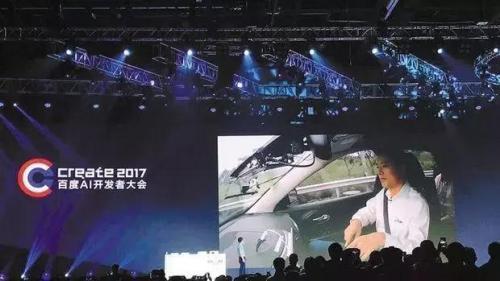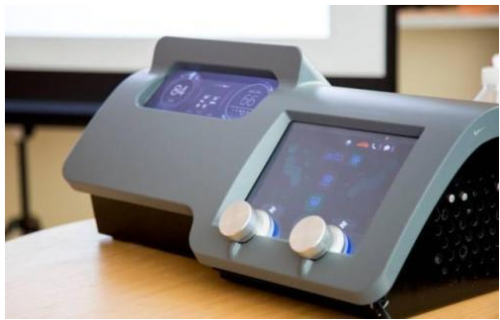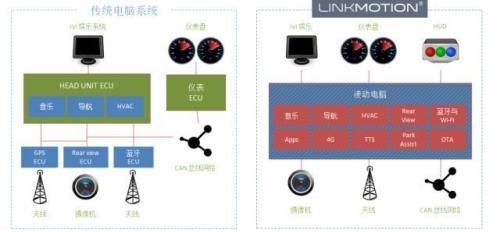Over the past few years, the rapid progress in software algorithms, communication technologies, and hardware computing power has triggered a major transformation in artificial intelligence research. One of the most significant areas of AI application is smart transportation, which is reshaping how people travel and interact with vehicles.
Apple CEO Tim Cook recently acknowledged that the company is actively exploring autonomous driving technology, calling it "the mother of all Apple AI projects." He emphasized that while fully automated driving presents the biggest challenge, it also offers the greatest potential to revolutionize the future of mobility.
This signals that intelligent connected vehicles are becoming a central trend in the automotive industry, marking a major shift in how cars are designed, built, and used.
Future cars are more than just transportation—they are evolving into mobile workspaces, entertainment hubs, and digital service gateways. Just like smartphones transformed the mobile industry, smart cars are set to redefine personal mobility by integrating advanced AI, connectivity, and automation.

Driverless technology is no longer science fiction. At the recent Baidu AI Developers Conference, CEO Li Yanhong demonstrated the Apollo autonomous driving project by personally driving an unmanned car to the event. Meanwhile, companies like Google and Tesla continue to push the boundaries of self-driving innovation.
The automotive industry is undergoing a fundamental transformation. As vehicles evolve from mechanical machines to intelligent systems, traditional components like engines and gearboxes are being replaced by electric motors, battery systems, and advanced software platforms.
Internet companies such as Baidu, Google, and Apple are entering the automotive space, bringing expertise in AI, deep learning, and sensor integration. While traditional automakers are gradually adopting driver-assist technologies, tech firms are aiming for full autonomy, creating new opportunities and challenges for the entire industry.
As the industry shifts, the supply chain is also changing. Smart cars now involve five key layers: car manufacturers, Tier 1 suppliers, internet technology companies, ADAS suppliers, and component providers. Each layer is experiencing a reconfiguration, with new players entering the market and reshaping the ecosystem.

Despite the progress, there are still gaps between traditional automakers and tech companies. While automakers excel in vehicle safety and mass production, tech firms bring strengths in AI algorithms and user experience. The future lies in combining these strengths to create secure, stable, and integrated systems.
At a recent seminar, NetQin's Atom Technology showcased its integrated system platform, offering a customizable solution for ADAS and other automotive applications. This approach helps reduce complexity, improve safety, and enable faster updates through OTA technology.

Smart cars rely on numerous independent electronic modules, leading to complex systems and potential failure points. Integrated systems offer a more efficient and reliable solution, streamlining operations and improving performance.
For traditional automakers, embracing AI and digital transformation is essential. For tech startups, real-world testing and collaboration are critical. Only through close cooperation across the supply chain can the industry achieve sustainable growth and innovation.
Ultimately, the success of the smart car industry depends on seamless integration between hardware and software. Companies like NetQin are playing a vital role by providing comprehensive ECU solutions, acting as a bridge between traditional and modern automotive technologies.
While fully autonomous driving is still in development, the path is clear. With continued technological advancements and better collaboration across the industry, we can expect to see a future where self-driving cars become a common part of daily life, transforming how we move and live.
Magnetic Ring Inductors,High Current Manganese Zinc Toroidal Inductors,Manganese Zinc Magnetic Ring Inductor Power,Toroidal Plug-In Inductors
Shenzhen Sichuangge Magneto-electric Co. , Ltd , https://www.scginductor.com